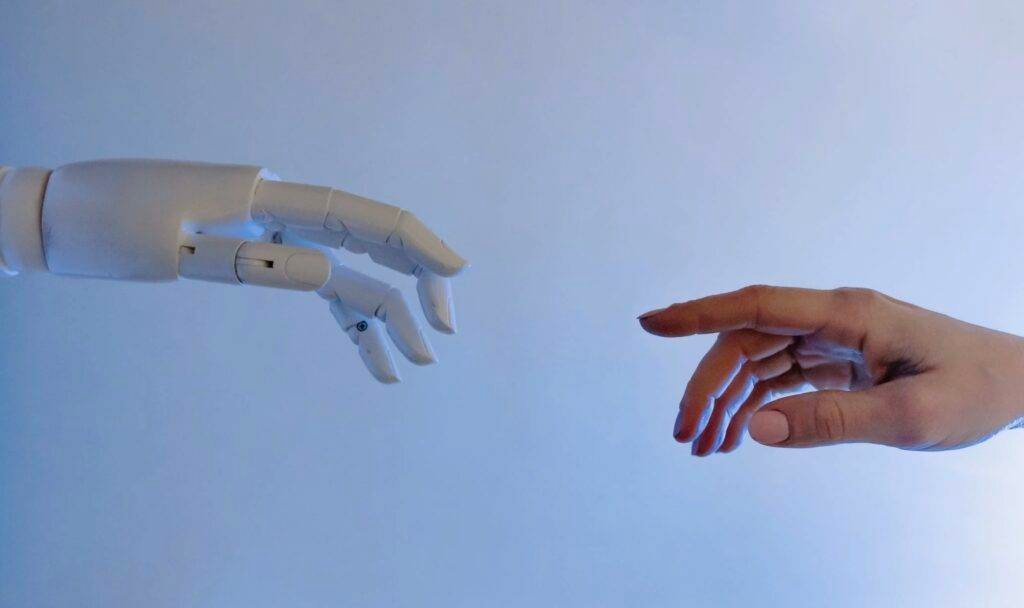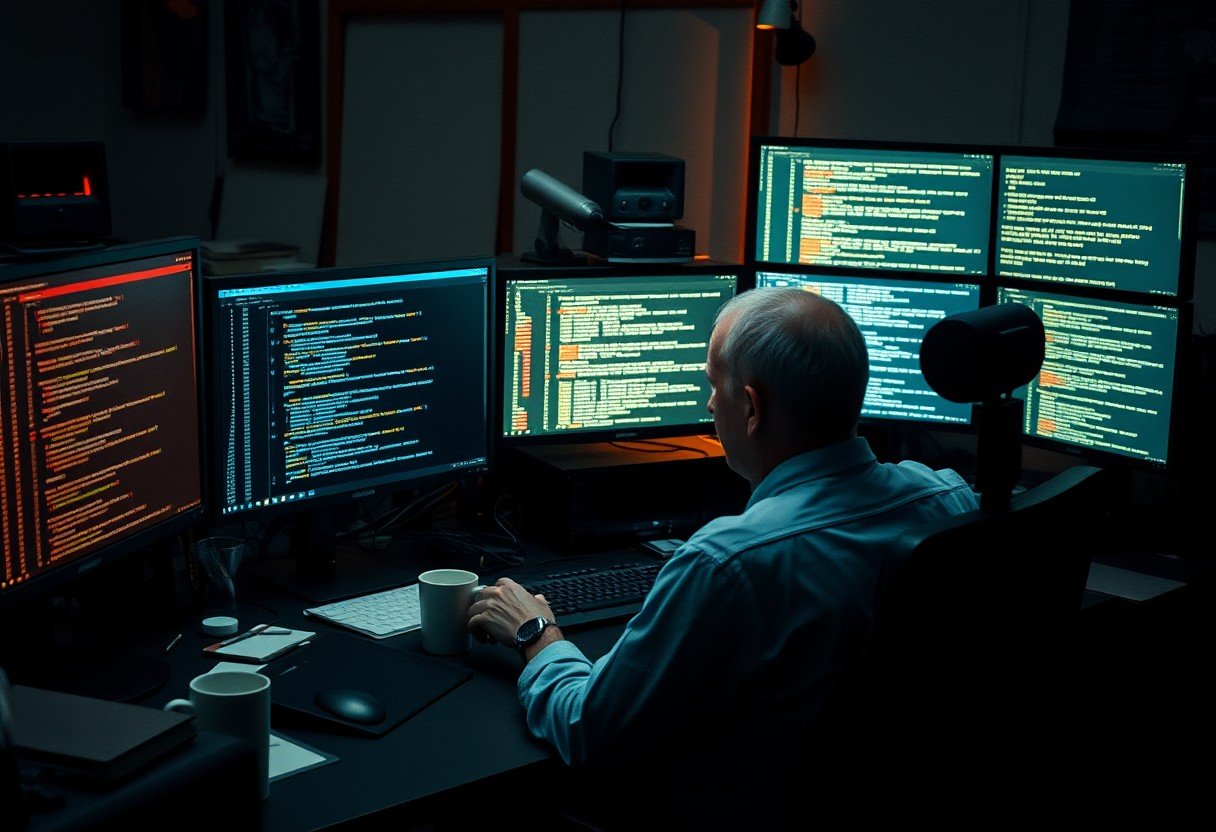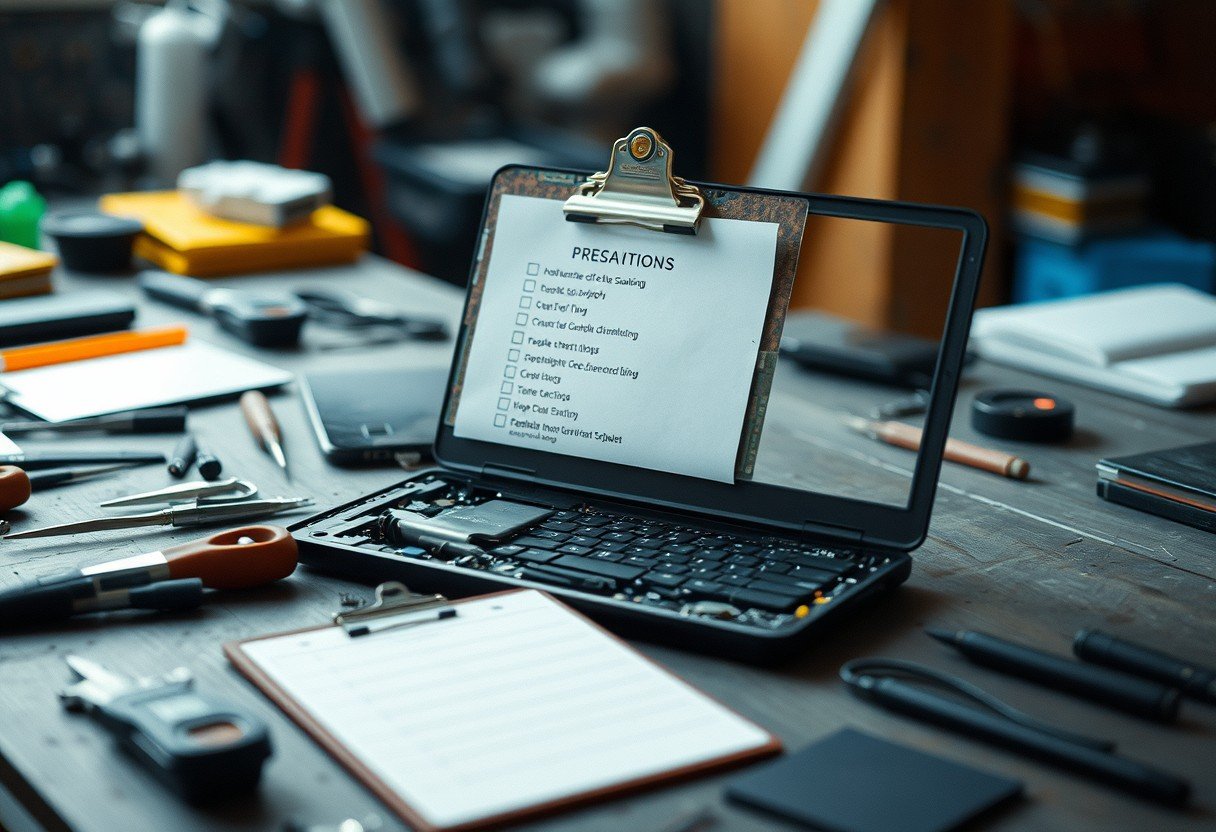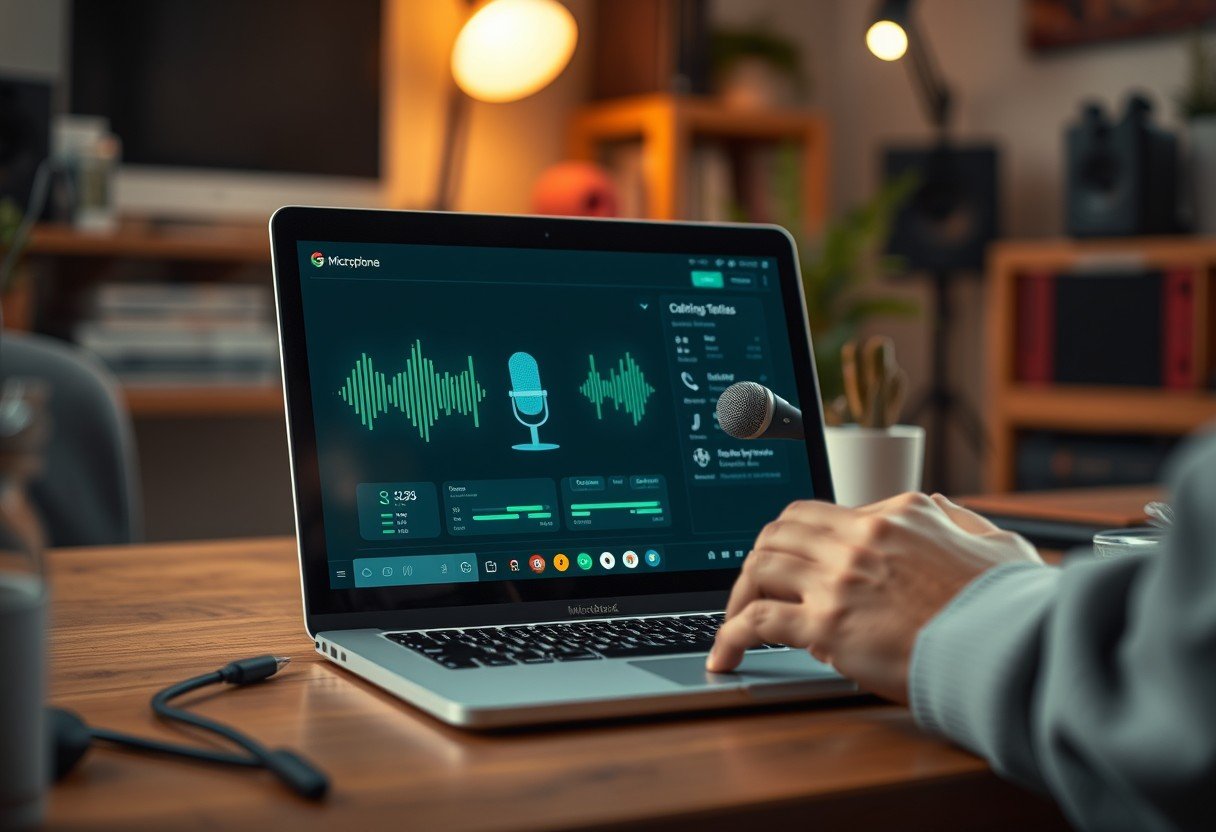Artificial Intelligence, or AI, is already a major part of our world, even if we don’t always notice it. It powers everything from our smartphones to the chatbots we talk to online. AI works by using huge amounts of information to learn what people like and need. This technology is rapidly changing almost every industry and will continue to shape our future by making things smarter, faster, and more efficient for everyone.
AI’s Growing Role in Modern Healthcare
AI is set to revolutionize the healthcare industry by making it safer and more effective. It can analyze data to predict potential health issues long before they become serious. For example, an AI system can look at a person’s lifestyle, environment, and genetics to warn them about the risk of developing a chronic disease.
This allows for preventive care, which is often cheaper and more effective than treating a full-blown illness. Studies show that AI could help prevent up to 86% of medical errors, which is a huge step forward for patient safety.
In the future, AI-powered applications will help doctors diagnose illnesses more accurately and quickly. Robots may even handle initial patient consultations, checking vital signs and symptoms to determine if a doctor’s attention is needed. While AI won’t replace doctors and nurses, it will become an essential tool that helps them use data to make better, more informed decisions for their patients.
How AI is Changing the Way We Shop
The retail industry is also seeing big changes thanks to AI. One of the most exciting developments is the use of AI-powered drones for deliveries. Imagine ordering something online and having it arrive at your doorstep in under 30 minutes.
Companies like Amazon are already working hard to make this a reality. They are testing delivery drones to ensure they are safe and reliable for everyday use. In the next decade, it’s very likely that autonomous drones will be a common sight, delivering everything from packages to groceries.
This technology will not only make shopping more convenient for customers but also help businesses streamline their logistics and reduce delivery times and costs.
The Future of Banking with Artificial Intelligence
The banking sector is investing heavily in AI, with experts predicting the market could be worth $300 billion by 2030. AI is making banking safer, more efficient, and more personal for customers. It is especially powerful in areas like security, where it can detect fraud much faster than humans can.
AI also improves the customer experience in many ways. For example, in the future, you might walk into a bank and be greeted by name without ever showing an ID, as the system will have already recognized you. Wealth management is also being transformed by tools called Robo Advisors, which save time for both financial managers and their clients.
- Reduced Costs: AI automates routine tasks, which lowers operational expenses for banks.
- Increased Productivity: Employees can focus on more complex, high-value work instead of simple administrative duties.
- Enhanced Customer Experiences: AI provides personalized services and recommendations, making customers feel more valued.
AI in the Classroom: A New Era for Education
AI is poised to make a significant impact on education by helping both students and teachers. For teachers, AI can automate time-consuming tasks like grading, freeing them up to spend more time working directly with students. This is a positive step toward reducing teacher workloads around the world.
Some worry that AI could replace human teachers, but that scenario is unlikely. While an AI program can effectively teach subjects like math or basic literacy, it cannot teach the social and emotional skills that are crucial for a child’s development. These skills require a human connection.
The education market for AI is growing rapidly, showing how valuable these tools are becoming.
| Sector | Projected Market Value | Year |
|---|---|---|
| AI in Education | $20 Billion | 2027 |
| AI in Banking | $300 Billion | 2030 |
The World Economic Forum has highlighted the need for students to develop skills that machines can’t easily replicate, such as creativity and critical thinking, to prepare for the future job market.
Will AI Take Our Jobs or Create New Ones?
One of the biggest concerns about AI is that it will lead to widespread job loss. However, history shows that technological advancements tend to create new jobs even as they make old ones obsolete. The World Economic Forum has predicted that AI will actually create 58 million new jobs by 2022.
Instead of replacing humans, AI is more likely to change the nature of our work. It will automate repetitive and mundane tasks, allowing people to focus on roles that require creativity, strategic thinking, and emotional intelligence.
The key to succeeding in this new environment is education and upskilling. As industries adopt AI, there will be a high demand for professionals who understand the technology. Investing in learning new skills related to AI and machine learning is the best way to prepare for the jobs of the future and avoid being left behind.
The Evolving Relationship Between Humans and Machines
As AI technology becomes more advanced, the way we interact with machines will change dramatically. The lines between people and technology are blurring, leading to new ways of working and living. In customer service, for instance, AI will soon be able to understand a customer’s tone and emotions, allowing it to handle more complex queries.
This doesn’t make human customer service agents obsolete. Instead, it frees them up to handle the most difficult situations—the ones that require real empathy and complex problem-solving. AI is a tool that enhances human capabilities, not a replacement for them.
For humans to guide this transformation effectively, we must ensure AI development remains under our control. AI literacy will become a necessary skill for everyone, allowing us to prosper in a world where technology and humanity work hand-in-hand.
Frequently Asked Questions about AI’s Future
What is the main benefit of AI for our future?
The main benefit of AI is its ability to process vast amounts of data to make processes in every industry more efficient, accurate, and personalized. This leads to better outcomes in areas like healthcare, finance, and even our daily chores.
Will AI completely replace human jobs?
No, it’s highly unlikely that AI will completely replace human jobs. Instead, it will automate certain tasks, which will change existing jobs and create entirely new ones that require human skills like creativity, critical thinking, and emotional intelligence.
How is AI making healthcare safer for patients?
AI helps make healthcare safer by analyzing patient data to predict illnesses before they become severe and by helping doctors make more accurate diagnoses. AI systems can also identify potential medical errors, significantly improving patient safety.
What are the most important skills to learn for an AI-driven world?
In a world with AI, soft skills like communication, empathy, and strategic planning will become more valuable. Additionally, having a basic understanding of technology and data, often called AI literacy, will be essential for many careers.
How will AI change my daily life in the next ten years?
In the next decade, AI will become even more integrated into our lives. We can expect more personalized shopping experiences, smarter home devices, and AI assistants (bots) that help with everything from scheduling meetings to helping children with their homework.









Leave a Comment